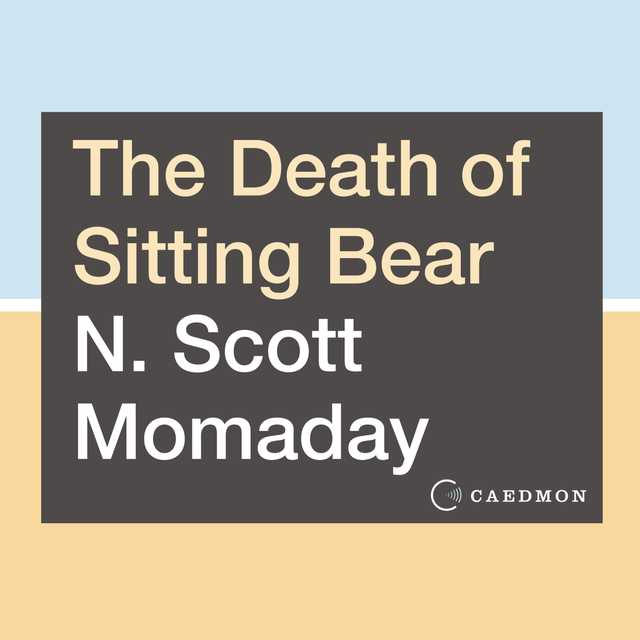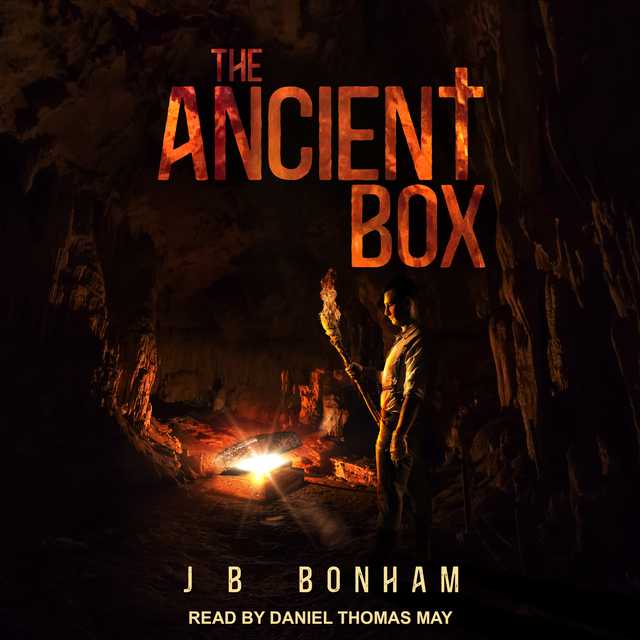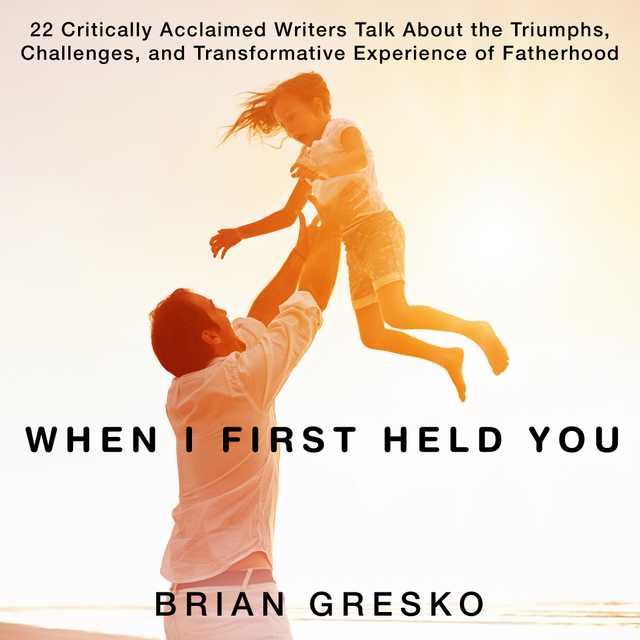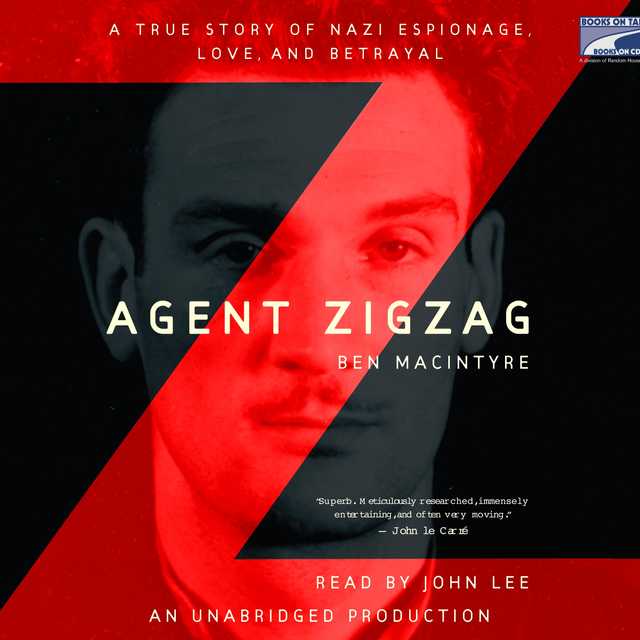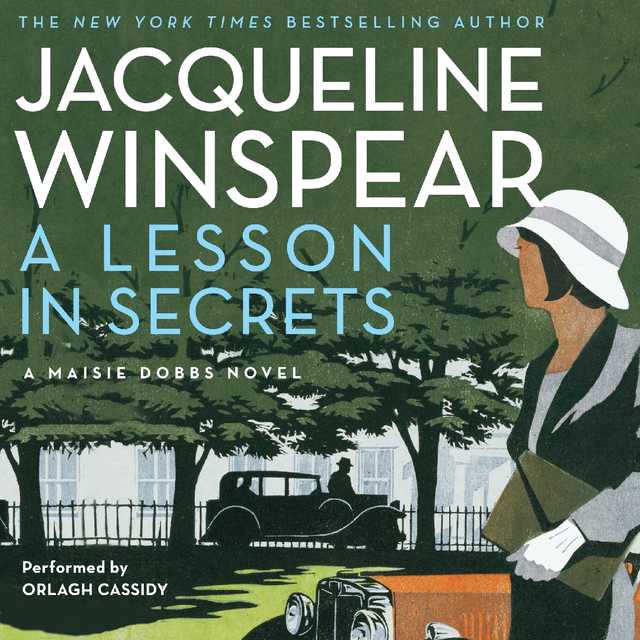The Death of Sitting Bear Audiobook Summary
Pulitzer Prize winner and celebrated American master N. Scott Momaday returns with a radiant collection of more than 200 new and selected poems rooted in Native American tradition.
“The poems in this book reflect my deep respect for and appreciation of words. . . . I believe that poetry is the highest form of verbal expression. Although I have written in other forms, I find that poems are what I want and need most to read and write. They give life to my mind.”
One of the most important and unique voices in American letters, distinguished poet, novelist, artist, teacher, and storyteller N. Scott Momaday was born into the Kiowa tribe and grew up on Indian reservations in the Southwest. The customs and traditions that influenced his upbringing–most notably the Native American oral tradition–are the centerpiece of his work.
This luminous collection demonstrates Momaday’s mastery and love of language and the matters closest to his heart. To Momaday, words are sacred; language is power. Spanning nearly fifty years, the poems gathered here illuminate the human condition, Momaday’s connection to his Kiowa roots, and his spiritual relationship to the American landscape.
The title poem, “The Death of Sitting Bear” is a celebration of heritage and a memorial to the great Kiowa warrior and chief. “I feel his presence close by in my blood and imagination,” Momaday writes, “and I sing him an honor song.” Here, too, are meditations on mortality, love, and loss, as well as reflections on the incomparable and holy landscape of the Southwest.
The Death of Sitting Bear evokes the essence of human experience and speaks to us all.
Other Top Audiobooks
The Death of Sitting Bear Audiobook Narrator
N. Scott Momaday is the narrator of The Death of Sitting Bear audiobook that was written by N. Scott Momaday
N. Scott Momaday is an internationally renowned poet, novelist, artist, teacher, and storyteller whose works celebrate and preserve Native American heritage. He won the Pulitzer Prize for his novel House Made of Dawn and is the recipient of numerous awards and honors, including the Academy of American Poets Prize, the National Medal of Arts, the Ken Burns American Heritage Prize, the Dayton Literary Peace Prize Foundation’s Richard C. Holbrooke Distinguished Achievement Award, and the 2021 Frost Medal for distinguished lifetime achievement in poetry. A longtime professor of English and American literature, Momaday earned his PhD from Stanford University and retired as Regents Professor at the University of Arizona. He lives in New Mexico.
About the Author(s) of The Death of Sitting Bear
N. Scott Momaday is the author of The Death of Sitting Bear
More From the Same
- Author : N. Scott Momaday
- Earth Keeper
- Dream Drawings
- House Made of Dawn
- In the Bear’s House
- Publisher : Caedmon
- Dubliners
- Julius Caesar
- The Two Gentlemen of Verona
- The Tempest
- Measure for Measure
The Death of Sitting Bear Full Details
| Narrator | N. Scott Momaday |
| Length | 2 hours 29 minutes |
| Author | N. Scott Momaday |
| Category | |
| Publisher | Caedmon |
| Release date | March 10, 2020 |
| ISBN | 9780062961228 |
Subjects
The publisher of the The Death of Sitting Bear is Caedmon. includes the following subjects: The BISAC Subject Code is Nature, Poetry, Subjects & Themes
Additional info
The publisher of the The Death of Sitting Bear is Caedmon. The imprint is Caedmon. It is supplied by Caedmon. The ISBN-13 is 9780062961228.
Global Availability
This book is only available in the United States.
Goodreads Reviews
Erin || erins_library
March 05, 2020
(Free review copy provided by Harper Books)When I heard there was a new N. Scott Momaday book being released, I was pleasantly surprised. After reading it, I feel like the scope of this poetry collection is a reflection on his own life and work. There were many poems about the passage of time, death, and aging. There were just as many poems about life (falling in love, traveling, experiences, nature...) and the appreciation of it. Not every piece resonated with me, but they all contributed to the over all atmosphere of the collection. I appreciated them, because they helped lift up the ones I loved. And I think that every poem will have resonance with someone, depending on where you are in life. The overall feeling I was left with at the end of this collection was an appreciation for the balance between life and death. I want to live my life to the fullest, so I can look back on it in the same way Momaday does.A few of my favorite poems:📚The Kiowa No-Face Doll - a reflection on how colonizers have seen us as a faceless mass to be silenced.📚A Note on Animals - A cute poem that made me feel the expanse of who we share the world with.📚To an Aged Bear - Death and old age are a natural balance to living. We shouldn’t fear it. 📚A Witness to Creation - What day would I want to relive? These moments in life are fleeting and we should savor them.📚The Death of Sitting Bear - I learned a lot about a historical Kiowa figure and thought about how I see his traits in Indigenous people today.📚Ultimus - We all want to be remembered well. What is the legacy we will leave behind?
Finley
January 20, 2020
I received an ARC or his collection from the publisher through a giveaway hosted on Good Reads.The Death of Sitting Bear is a spectacular meeting of cultures. Raised by a literature-loving mother and a Kiowa Native American father, Momaday grew up surrounded by stories and poems of many types and from many traditions, a background that he embraced, nursed, and perfected through his higher education. In this, his fifth poetry collection (by my count), these stories and histories intermingle to create a beautiful collection, switching in subject matter from the history of his father’s people and their myths to his own experiences in the world, from deeply personal poems to worldly observations, from very literal pieces to those full or rich imagery and symbolism. And intermingled, there are also prose pieces to set the context of some of the more specific verses, though they are still every bit as poetic as his verses.I enjoyed this collection so much, the pages and time seeming to fly by whenever I opened it. Not only was it very entertaining, but I also found it educational as well. I had never heard of the Kiowa tribe before, much less the great Warrior Sitting Bear, but I am thankful for the chance to learn about him and his people, and find myself wanting to learn even more. I also learned about my own area, as I grew up in a town along the Susquehanna but had never heard of the Carlisle Indian Industrial School before, and learning about it was a heartbreaking reminder of just how recently the native population were still being mistreated and the wretched consequences of the white settlers’ actions.For this reason, I don’t just recommend this collection, but urge people to read it, especially those who currently or formerly lived in an area that had a large American First Nations population (which is probably most of the United States to some extent). It is not such a distant memory as many like to pretend it is, and the chance to learn even a few snippets of our country’s history from a descendant of its original people is something everyone should experience at some point in their life, so why not start by reading about it?Even without the historical and cultural education that could be potentially built off of his poems inspired by his father’s stories, though, Momaday’s skill as a poet is not something to be taken lightly. Even if you feel you know plenty about its subject matter, the way every poem is put together and the wide variety of styled Momaday uses in order to stretch his creative wings is something that deserves to be enjoyed and admired by poetry fans everywhere. I do not know much about him past what I picked up from this book, but even if it were to turn out that this is his first foray into writing on his father’s hereditary culture and every other collection of his was of a more common stock of subject matter, I would still be eager to take in more of his words, and fully intend to do just that if I am able to get my hands on another of his collections.
Kayla
June 15, 2020
A beautiful collection of poems that draw on nature to reflect on life and death. From falling in love and traveling to the final moments of life, these poems are an in depth examination of personal achievement and a question of what we leave behind when we go. A wonderfully done collection, though not all of the poems really spoke to me, it is an easy 4 stars.Thank you to the publishers and Goodreads for my copy of this book.
Nilsson
March 10, 2020
The Death of Sitting Bear is a wonderful collection of poems about Love, Loss, Mourning, the Human Condition, and his love for the southwest landscape. His poem and the book title 'The Death of Sitting Bear' is a memorial to a Kiowa kinsman who was a warrior and chief. He beautifully celebrates his love for his heritage and his love for words and the sacredness they hold. Momaday's writing is influenced by the Kiowa oral traditional stories told to him by his father.I really enjoyed this collection of poems. His use of imagery is beautiful. I Definitely have a few favorite poems and quotes. 'A Century of Impressions' at one point felt like a map. He has a lyrical way of making you appreciate nature and as a former volunteer of a National Monument I appreciated the poems that articulated the beauty of the surrounding landscape.
Andrew
January 02, 2020
Momaday's work feels so in sync and connected with the land of which he writes, I can practically feel the cool refreshment of the breeze and the rain. These poems and passages range from jovial and playful to soft and serious, but always full of heart. Blended within are pages on the history and legacy of Sitting Bear, the Kiowa warrior. This collection is both rustic and celestial, a glorious array of American landscapes, from the Northern Lights to deserts ripe with Saguaro. One of the very best poetry collections of 2020.
Emily
April 04, 2021
Best poetry I have read in a long time. If you get the chance, listen to Momaday’s reading. His voice is perfect.
Michelle
February 09, 2020
*ARC sent from HarperBooks for review-big thank you to HarperBooks!When I was in high school, I used to pour over pages of pages in books and online for poems written by Native American authors. I only found few, and most I couldn't contact the author or find a concrete book. The Death of Sitting Bear is a collection of poems young 15-year-old Michelle would have been elated to find. It would have cemented her faith in her people and given her more of a connection.12 years later, it's arrived at my house and been read by my eyes. I loved some of these poems for their lyrical genius, but some felt cliche and overdone by most of the Indigenous community. The writing was beautiful overall.4/5 stars
Gabriel
February 03, 2020
ARC given by Edelweiss+ for Honest ReviewThe Death of Sitting Bear is intellectual, lyrical, and well written. Poems boast haunting and vivid metaphors on topics such as earth, life, religion, and living as an American Indian/Native American.My favorite poems include: "A Modest Boast (Toast)", "A Note On Animals", and "English, The Language."
Craig
May 30, 2020
Only a handful of writers have had as much lasting impact on me as N. Scott Momaday. When I first read House Made of Dawn, then recently published, in a class on modern American fiction, both the "Hemingway" and the "Faulkner" factions claimed NSM as our own. Working with Native graduate students, I developed a profound love for his auto-ethnography--no genre sums it up adequately--The Way to Rainy Mountain. No writer has done more to open paths for the younger generations of writers balancing their tribal heritage with life in the changing multifaceted world.Having said that, I've never really connected with NSM's poetry and reading the collected poems didn't really change that. He often chooses a diction, syntax and poetic form that feel slightly archaic in the Norton Anthology of Renaissance Poetry sense. There's an oracular quality to much of his work that reads as statement rather than exploration, and my aesthetic tends strongly towards explorations of the un- or barely known (which is precisely what I love about House and Way). The best of NSM's short lyrics recall the lyrical descriptions of nature in the novels and the title sequence stands absolutely on its own as an engagement with colonialism on the personal and national levels. Favorite poems: "Division," "Visitation at Amherst" (nice tribute to Emily Dickinson); Dichos, Appearances," "Pigments," "Torrent," and "A Woman Working." A taste of NSM at his best from "la tierra encanto":"I have seen in the twist of windThe landscape severed and heardThe edged cries of screaming hawks,First light is a tapestry on canyon walls,And shadows are pools of illusion.I am a man of the ancient earthFor I have known the desert at dawn."
Sasha
March 06, 2020
"I believe poetry is the highest form of verbal expression."N. Scott Momaday is a well-known Kiowa writer whose tremendous career joined other the American Indian literary renaissance of the 1960s. His novels and poetry fill Native Literature required reading courses. I first read his work (The Way to Rainy Mountain and House Made of Dawn specifically) in such a course, but beyond that I've never engaged with his work. So when I was sent a review copy from Harper Books, I was excited to dig in.The Death of Sitting Bear is a testament to Momaday's chosen craft: poetry. Throughout this volume's 165 pages Momaday offers precisely crafted poems about land, space, and life's loves, loss, and friendships. His imagery is so vivid that I could almost feel winds, the sun's heat, the dampness of dawn. I'm going to be honest here. I'm not the biggest fan of measured forms of poetry (those that use carefully measured out iambic pentameter or other defined rules). I prefer freeform or spoken word. This collection though had pieces that pulled at me and Momaday's ability to create a scene so powerful readers feel it while maintaining measured forms of poetry is incredible.What I loved most about this collection is that it isn't "Indigenous Literature" as people might expect. Momaday's poems are, for the most part, not blatant in performing indigeneity the way a reader would expect. The poems are slices of life, seemingly mundane, certainly not full of the larger themes that are promoted in Indigenous literature: ceremony or culture loss or dispossession or violence and poverty. Those stories are so important, but they sometimes overwhelm me as an Indigenous reader. Though there are certainly those conversations happening there's so much more going on here that's about life in general. If you're interested in poetry (and are willing to cast your expectations and assumptions at the door), I'd recommend checking this out.
L.B.
April 02, 2022
At first, this collection didn't work for me, but weirdly, when I hit the haiku portion of the book, it lifted me somehow. I'm not a haiku lover, always thought it was the easy poetic way to fill the page, but try it and you'll realize that it takes a special eye and heart. Momaday's A Century of Impressions is comprised of 100 haiku pieces, and when read aloud (which all poetry should be, sooner or later,) is masterful. No capital letters, no punctuation, but perfectly crafted 17-syllabled thoughts that individually can stand alone, but placed together on this centennial shelf, are inspiring.I'm glad I bought this volume, but can't for the life of me remember who told me to order it. If it was you, thank you. It has a proud spot on my shelf. a book of poemsarrived in the afternoona bound excitement
Jon
October 05, 2020
Native American poet and author N. Scott Momaday came out with this new poetry collection on Audiobook, and it is fabulous and I commend it to you. Momaday has had a long and distinguished career as a novelist and poet. He is Kiowa from an Oklahoma family originally, but for most of his adult life has lived at Jemez Pueblo in northern New Mexico. The poetry is stunning, but what makes this work so well is that he has a wonderful voice, and reads poetry so skillfully. Momaday's work - this and others - is worth spending some time with. It opens the world of Native Americans to you in a deeper way than prose, perhaps. When he was teaching at the University of Arizona, he would leave Jemez in the morning, drive 1 1/2 hrs to Albuquerque, fly a couple hours, thru Phoenix to Tucson, teach his classes, then fly home. He said he promised himself to wake up every day in the Jemez Valley.
Kelly
May 25, 2022
It's probably not fair to only give this book a 4 star rating. But, after you've written "The Way to Rainy Mountain" the reader has unreasonably expectations. It's also probably not fair for me to say that the poems I loved best in this book are the poems about his Kiowa heritage. He is certainly a more well-rounded and accomplished person than just being Kiowa. I try to justify my preference by telling myself it is because I grew up near the Kiowa Tribal headquarters and went to school with many Kiowa kids. That's probably not a good justification and if I am honest, there are many lovely poems in this book that are simply about longing and love and nature and just being human.
Kaity
May 22, 2020
** spoiler alert ** Fabulous selection of poems. There were multiple moments, especially during Part I, that I teared up imagining the scenes the author imparted on me. In particular, here are some of my favorites:10. there are those who knowthe prisms in the sunrisethe flakes in the air39.the house wastes awaythere was life and laughter herewho shall remember72.on the trembling rockI gaze on infinity waves crash under me 87. geologic time informs the towering cliffswith eternity 91.then a blue aura surrounded you where you stoodenergy of loveI only quoted from Part II, but there were entire poems that I had highlighted that absolutely resonated with me. The authenticity of this collection makes it a special read.
Lenora
April 19, 2021
I don’t think it is within the realm of the possible for Mr. Momaday to write anything that I would not find beautiful.He brings the histories and legends of the Native peoples to the Europeans in ways accessible to them, whether in prose or poem or passage.When one reaches a certain age To An Aged Bear strikes a ringing chord: “Hold hard this infirmity. / It defines you. You are old.”His poetry of the land, of the people-whether us or of another culture, another country, are not to be missed.
Most Popular Audiobooks
Frequently asked questions
Listening to audiobooks not only easy, it is also very convenient. You can listen to audiobooks on almost every device. From your laptop to your smart phone or even a smart speaker like Apple HomePod or even Alexa. Here’s how you can get started listening to audiobooks.
- 1. Download your favorite audiobook app such as Speechify.
- 2. Sign up for an account.
- 3. Browse the library for the best audiobooks and select the first one for free
- 4. Download the audiobook file to your device
- 5. Open the Speechify audiobook app and select the audiobook you want to listen to.
- 6. Adjust the playback speed and other settings to your preference.
- 7. Press play and enjoy!
While you can listen to the bestsellers on almost any device, and preferences may vary, generally smart phones are offer the most convenience factor. You could be working out, grocery shopping, or even watching your dog in the dog park on a Saturday morning.
However, most audiobook apps work across multiple devices so you can pick up that riveting new Stephen King book you started at the dog park, back on your laptop when you get back home.
Speechify is one of the best apps for audiobooks. The pricing structure is the most competitive in the market and the app is easy to use. It features the best sellers and award winning authors. Listen to your favorite books or discover new ones and listen to real voice actors read to you. Getting started is easy, the first book is free.
Research showcasing the brain health benefits of reading on a regular basis is wide-ranging and undeniable. However, research comparing the benefits of reading vs listening is much more sparse. According to professor of psychology and author Dr. Kristen Willeumier, though, there is good reason to believe that the reading experience provided by audiobooks offers many of the same brain benefits as reading a physical book.
Audiobooks are recordings of books that are read aloud by a professional voice actor. The recordings are typically available for purchase and download in digital formats such as MP3, WMA, or AAC. They can also be streamed from online services like Speechify, Audible, AppleBooks, or Spotify.
You simply download the app onto your smart phone, create your account, and in Speechify, you can choose your first book, from our vast library of best-sellers and classics, to read for free.
Audiobooks, like real books can add up over time. Here’s where you can listen to audiobooks for free. Speechify let’s you read your first best seller for free. Apart from that, we have a vast selection of free audiobooks that you can enjoy. Get the same rich experience no matter if the book was free or not.
It depends. Yes, there are free audiobooks and paid audiobooks. Speechify offers a blend of both!
It varies. The easiest way depends on a few things. The app and service you use, which device, and platform. Speechify is the easiest way to listen to audiobooks. Downloading the app is quick. It is not a large app and does not eat up space on your iPhone or Android device.
Listening to audiobooks on your smart phone, with Speechify, is the easiest way to listen to audiobooks.

